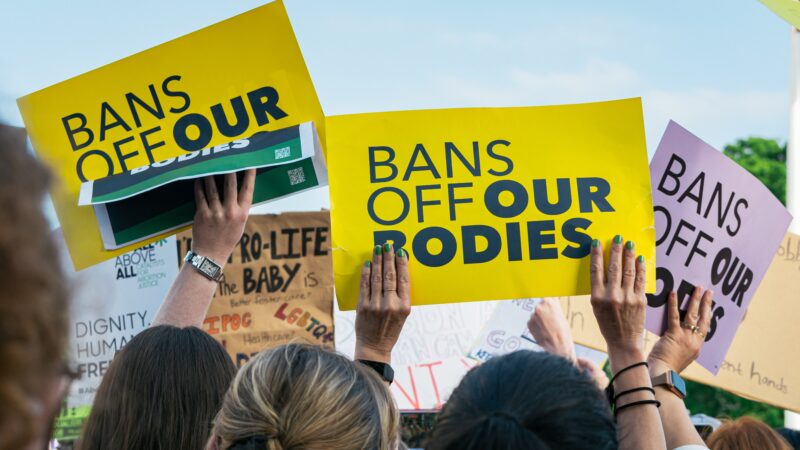The longevity of her majesties reign lulled most of us into this false sense that she may well last forever. Alas; whilst she reigned over 15 prime ministers, 6 popes, and was just 2 years shy of breaking King Louise XIV’s record of the longest reigning monarch; she was ultimately mortal like the rest of us. Losing Elizabeth is like losing a relative in a way: she was effectively the spiritual grandmother of the nation. One does not have to have met her in person to realise the gravity of the situation and feel a sudden emptiness in ones soul. Regardless, there will be constant streaming in the news about the queen’s reign and whilst this is fully justified considering her extraordinary life; I think it’s equally important for us to look to the immediate future, regarding her heir and now king Charles III.
Like Moyes taking over from Ferguson, taking the reigns over such a distinguished and legendary predecessor in the form of Elizabeth II was always going to be a mammoth task for Charles III. Unlike Moyes though, I do believe Charles III will succeed in his role and will not only steady the ship and keep things stable for when William takes over but I also think he will be a decent king in his own right. There is the historical precedent to believe this will be the case as well if we look at the reign of King Edward VII.
King Edward VII also had the unenviable task of taking over from a long reigning and highly respected monarch. That being his mother Queen Victoria. Not only this though but there were those who thought he’d be unsuited for the crown considering his extramarital affairs, serial womanising, as well as his other hedonistic vices which he indulged in (particularly his gambling habit). Yet, despite all of this, once he became king, he took on the role dutifully and he over time, garnered the respect and admiration of the public at large. He had in fairness a good foundation to begin with. He even became to be known as the ‘Uncle of Europe’, being seen as a breadth of fresh air after his mothers stuffy and stern rule. Charles III faces similar challenges. His past with Diana for instance has far from gone away and there are still rumblings from those who’d prefer the crown skip Charles III entirely and go to William instead. Ultimately though, I think Charles III reign will go much the same way as Edwards VII’s reign.
*Use any picture of King Edward VII here*
He will certainly not match his mothers longevity, but I imagine he’ll do much in his comparatively short reign. He may not be able to match her regality, but he’ll do his duty. He may not command the same love and affection, but with time, I imagine he’ll garner the publics respect.
Detractors of Charles III would also do well to remember that ultimately it’s not about the person but about the institution of monarchy that matters the most. This has been lost on people because of the wider publics affection for Elizabeth II. If you were to ask most people in the street, most would say that they’re much more pro Elizabeth II than they are pro monarchy. Elizabeth was certainly an exceptional public servant but again, it’s about the crown, not the induvial. It is the crown that forms as the cultural nexus point for our nation. It is the crown that serves as the constitutional foundation of this country. It is the crown that forms the last line of defence when everything goes south. Even if you (harshly) think Charles III will be a bad king, we must not be so short-sighted to put the institution of monarchy into question. Either because they think the institution should die with his mother out of principle or because of their personal dislike of Charles III.
To be frank as well, I really fail to see how Charles III will serve as a catalyst for the undoing of the monarchy. The monarchy has survived the disastrous reign of King John, The Peasants Revolt, The War of the Roses, was abolished after the civil war but restored after the tyranny of Cromwell, The Glorious Revolution, anti-monarchical (more specifically anti Hanoverian/Georgian) intrigue from whiggish elements in the 18th century; the crown has survived it all. Those who fear Charles III will or want Charles III to fail would do good to remember their history.
The coming days and weeks will be beset by mourning for our late monarch and I hope that everyone – regardless of political affiliation – can at least raise a toast to her majesty at a minimum. But at least where the monarchy is concerned, we should be more optimistic in this country: we have precious little else to be optimistic about. The reign of Charles III will, I think, prove fruitful for the nation. Time will tell, this piece may come back to bite me at a later date, but I fairly confident that I will be proven correct in thinking that Charles will turn out fine.
The Queen is dead: long live the King!
Rest in Perfect Peace Your Majesty, your son has it from here.



